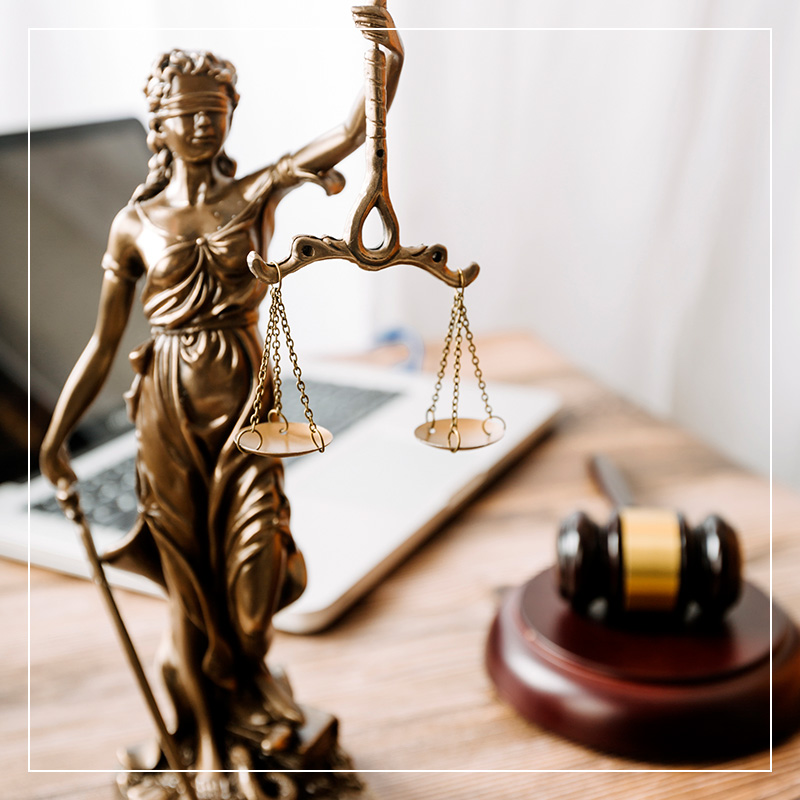Understanding Solicitation Charges
At its core, solicitation involves the act of requesting, encouraging, or demanding someone to engage in illegal activities. Solicitation charges can stem from various activities, each carrying its own set of legal implications. The most commonly known type is solicitation of prostitution, where an individual offers money or something of value in exchange for sexual services. This charge can apply to both the person offering and the person accepting the offer.
While related, solicitation and prostitution are different crimes:
- Prostitution is the act of engaging in sexual intercourse or other sexual acts in exchange for money or other forms of compensation.
- Solicitation is the act of asking someone to commit prostitution.
Another prevalent type is the solicitation of drugs, where an individual attempts to purchase or sell controlled substances. This can include anything from marijuana to more dangerous narcotics like cocaine or heroin.
In California, solicitation of prostitution is governed by Penal Code 647(b), which makes it a misdemeanor to engage in or solicit prostitution. The penalties can include fines, jail time, and mandatory community service. However, the severity of the punishment can vary based on the specifics of the case and the defendant's criminal history.
It is important to note that California can also charge a person with solicitation to commit a crime. It's a crime of incitement, meaning you're encouraging, persuading, or commanding another person to commit a specific illegal act.
The key element is the intent to have someone else commit the crime, even if that crime is never actually carried out. For example, asking someone to steal a car is a solicitation to commit theft, even if the person declines.
What to Do & Not to Do If You Are Facing Solicitation Charges
Do Not Panic: Stay Calm & Collected
Facing solicitation charges can be an incredibly stressful experience, but it's crucial to remain calm and composed. Panicking can lead to rash decisions that may worsen your situation.
The first step is to take a deep breath and assess the situation logically. Avoid making any statements or admissions to law enforcement officers without first consulting an attorney. Anything you say can and will be used against you in court, so it's vital to exercise your right to remain silent until you have legal representation.
Remaining calm can also aid in clearer thinking and better decision-making during the crucial moments after your arrest. Your initial actions can greatly influence the outcome of your case.
For instance, if you are arrested, make an effort to recall as many details as possible about the arresting officers, the conditions of the arrest, and any interactions you had. This information can be extremely valuable to your attorney when constructing your defense.
Contact an Attorney
One of the most critical steps you can take when facing solicitation charges is to contact a qualified criminal defense attorney immediately. Finding the right attorney can make all the difference in the outcome of your case. You can start by asking for recommendations from trusted sources or searching online for attorneys in your area.
Once you've identified a few potential candidates, schedule initial consultations to discuss your case and evaluate their experience. During the initial consultation, it's essential to ask the right questions to gauge the attorney's suitability for your case. Inquire about their experience with solicitation charges, their success rate, and their approach to defense strategies. Ask about the potential outcomes of your case and what you can expect during the legal process.
You should not speak with anyone about the arrest details or case outside of speaking with an attorney. Even casual conversations with friends or family can be used as evidence against you.
Remember that Documentation Is Everything
Preserving evidence and documentation is a crucial aspect of defending against solicitation charges. The more evidence you can gather, the stronger your defense will be. Start by collecting any relevant documents, such as text messages, emails, or phone records that may support your case.
These can provide valuable context and help establish your version of events. If there were any witnesses to the alleged incident, make sure to get their contact information and statements. Their testimony could be instrumental in corroborating your story and challenging the prosecution's evidence.
It's also essential to keep a detailed record of all interactions related to your case, including conversations with law enforcement officers, attorneys, and any other parties involved. This documentation can help your attorney identify inconsistencies or procedural errors that could be used to your advantage.
If you believe you were the victim of entrapment or other misconduct, make sure to document every detail of the incident. This information can be critical in building a robust defense. By diligently preserving evidence and documentation, you can provide your attorney with the tools they need to effectively represent you.
Legal Defense Strategies
Several potential defense strategies can be employed to challenge these allegations, including:
- Entrapment. This defense argues that law enforcement induced or coerced the defendant into committing the crime. If the police created an opportunity that would not have otherwise existed, and the defendant would not have committed the crime without police involvement, this defense may be applicable.
- Insufficient evidence. The prosecution must prove beyond a reasonable doubt that the defendant solicited another person to commit a crime. If the evidence presented is weak, inconsistent, or lacks credibility, a skilled attorney can challenge its sufficiency.
- Lack of criminal intent. To be convicted of solicitation, the prosecution must demonstrate that the defendant intentionally sought to persuade another person to commit a crime. If there is evidence that the defendant lacked the requisite intent, this can be a strong defense.
- Mistake of fact. This defense asserts that the defendant acted under a mistaken belief about the circumstances, which negates criminal intent.
Get Experienced Counsel
If you or a loved one is facing solicitation charges, the experienced attorneys at Corrigan Welbourn Stokke, APLC solely practice criminal defense law and are dedicated to providing reliable representation to our clients. When you retain our services, you can trust that we can work tirelessly and with your best interest in mind to develop a
Call (949) 251-0330 to request a consultation today.



